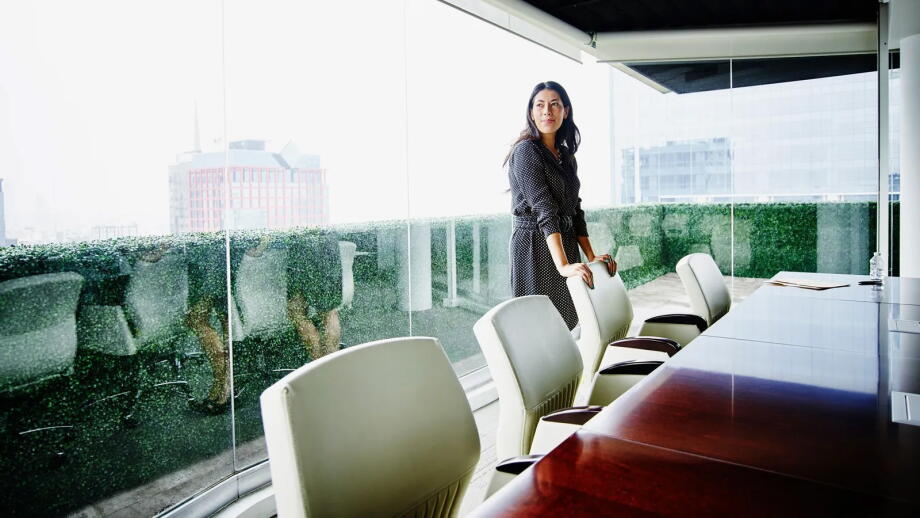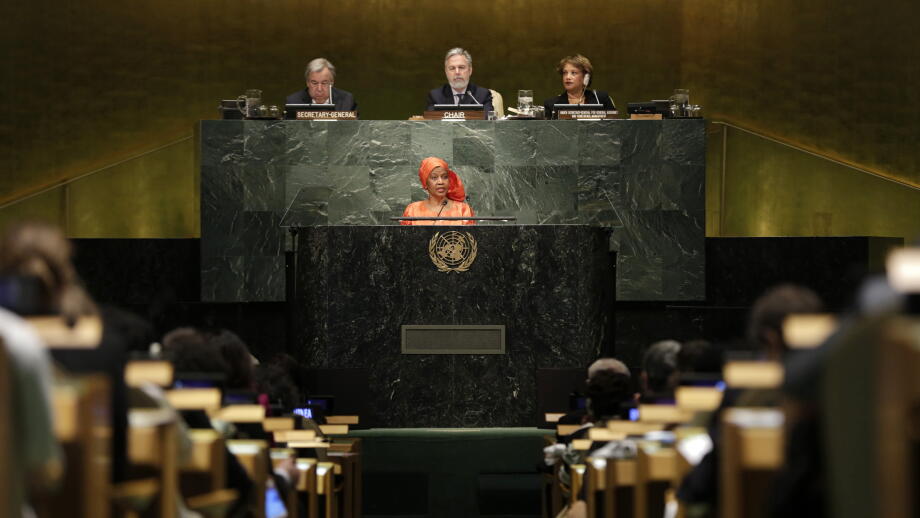In Short:
The glass cliff refers to the tendency for women to be more likely than men to be appointed to leadership positions that are risky and precarious. This paper reviews the first decade of research into the phenomenon.
Overview
While society in general has made great gains in women's participation in social, political, and employment spheres, women's representation in positions of power and influence has been notably less impressive. Nonetheless, there are increasing numbers of women who do manage to break through the glass ceiling and occupy top-level leadership positions. However, research suggests that these successful women are likely to be disproportionately represented in leadership positions that are risky and precarious, a phenomenon known as the glass cliff.
This paper provides an overview of the first decade of research on the glass cliff and has three key aims: (a) to summarise and integrate evidence of the glass cliff phenomenon, (b) to clarify the processes that have been shown to underlie the glass cliff, and (c) to explore the factors that may moderate the glass cliff phenomenon. We show that the glass cliff has had a significant impact on public discourse around women and leadership but nevertheless is a complex, contextual, and multiply determined phenomenon.
Contact
Michelle Ryan
Director
Intersectionality & identity, Leadership & the Glass Cliff, Relationships & the care economy, The workplace & working lives
You may also like
Why we need to stop trying to "fix" women
To address the persistence of gender inequalities, many workplace gender equality interventions have been designed and implemented by governments, gender equality practitioners, professional bodies,…
Glass cliff candidates in the 2022 election
Our analysis of the women candidates running in unwinnable seats in the 2022 federal election
The diplomatic Glass Cliff
For the first time in history, women in Australian diplomacy have equal or near-equal representation in leadership whilst the institution they represent is shrinking — in funding, footprint and…




